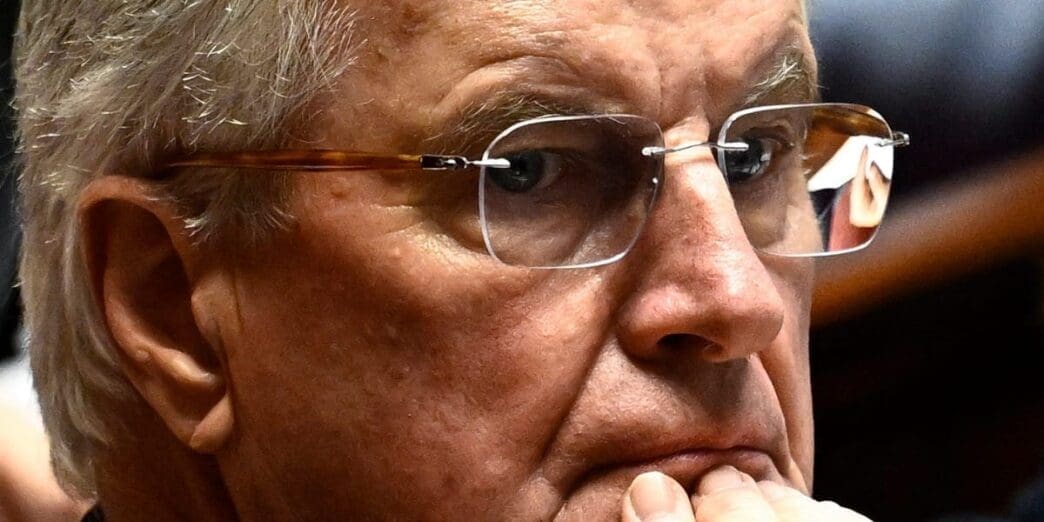French Prime Minister Michel Barnier has been ousted from his position following a no-confidence vote in the National Assembly, marking the first such event in France in over six decades.
This political upheaval ensued after Barnier used an executive decree to pass a portion of the 2025 budget, bypassing the required legislative approval. His move incited criticism and opposition from both far-left and far-right parties, leading to a unique coalition that voted against him.
France’s fiscal challenges have been mounting, with its government deficit swelling due to substantial expenditures on COVID-19 relief, energy subsidies, and tax reductions. The European Union anticipates France’s deficit will surpass its permissible limits, reaching 6.2% of GDP this year before possibly decreasing to 5.3% by 2025. This economic strain, heightened by borrowing costs that at one point exceeded those of Greece, has raised investor concerns about France’s financial trajectory.
The appointment of Barnier by President Emmanuel Macron was initially aimed at resolving political deadlock post-elections. Barnier’s prior experience as the EU’s lead negotiator on Brexit was expected to bridge differences with opposition parties to secure budget approval. Despite extensive negotiations and amendments, Barnier chose to implement the budget partially without full parliamentary agreement, prompting calls for a no-confidence vote.
This vote was brought forth by the far-right National Rally in conjunction with the New Popular Front from the left. Barnier expressed his willingness to negotiate amidst the severe situation, but his overtures were ultimately ineffective. The no-confidence vote passed with 331 votes, a historic move since 1962.
Looking forward, Barnier is expected to resign but may stay on as a caretaker until a successor is appointed. The fate of the 2025 budget remains uncertain, with analysts suggesting that a provisional budget based on this year’s framework might be a likely outcome. While there is no immediate threat of a government shutdown, the political instability could exacerbate borrowing costs and further impact France’s financial health.
Economic experts, like Antonio Fatas from INSEAD, suggest that although the situation is troubling, it is not expected to precipitate a broader crisis within the European Union. Nevertheless, the political turmoil adds another layer of complexity to the continent’s already sluggish economic growth.
The ousting of Prime Minister Michel Barnier underscores the fragility of France’s current political and economic landscape. As the country navigates through these challenges, the broader implications for both domestic policy and international perception remain to be seen.
Source: BusinessInsider








